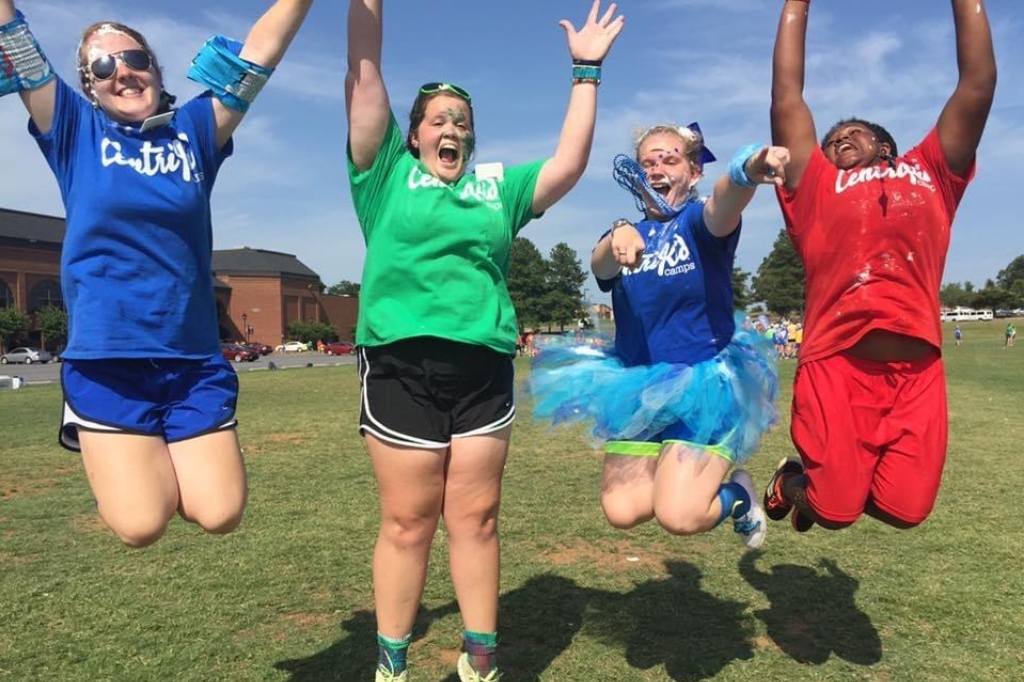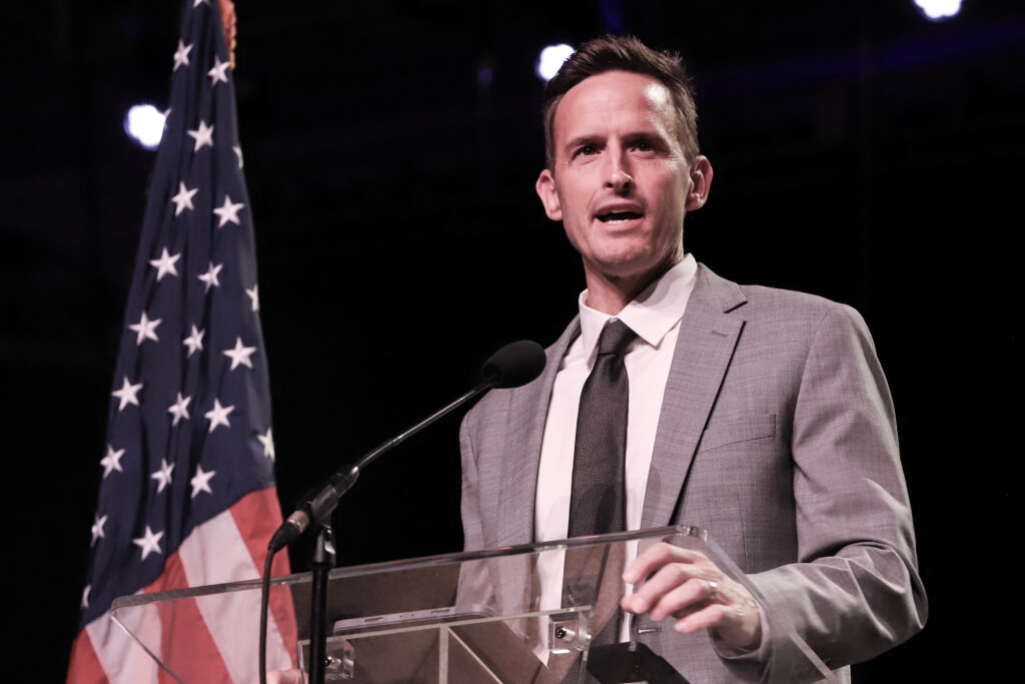
All camp staff with Lifeway camps like CentriKid are required to complete training through MinistrySafe.
With the recent release of the Guidepost Solutions report investigating the Southern Baptist Convention (SBC) Executive Committee’s handling of sexual abuse claims, safety and sexual abuse prevention are on the minds of Southern Baptists.
Many congregations are exploring ways to make their churches safe from abuse, particularly with the approach of summer camps and Vacation Bible Schools.
Kimberlee Norris is co-founder of MinistrySafe, an organization that provides training and resources for churches and other organizations aimed at keeping their environments safe.
Norris told Baptist Press it is important for churches to understand the unique risks that come with overnight environments and to investigate specifics about their camp of choice.
“The risk of child sex abuse from adult to child and also from child to child is inherently higher in overnight contexts, especially in programs that involve water as things can be less easily seen,” Norris said.
“There is also the added issue of churches using a facility while other different groups are there, as you do not know what kind of training or policies they might have. Churches should be asking questions of the camp they utilize about what they are doing to prevent child sexual abuse.”
MinistrySafe has camp-specific training for the prevention of sexual abuse, and it provides all of the training related to safety and sexual abuse prevention for the Christian Camp and Conference Association.
All camp staff with Lifeway camps are required to complete training through MinistrySafe.
Norris said there are also inherent risks involved with summertime activities at churches, such as VBS.
“The risks that come with summertime VBS environments are going to revolve around a few different things,” Norris said. “These risks include new children coming to a church’s ministry that adults may not be familiar with and VBS ministries being heavily volunteer-based. …
“Churches must realize [that] for the period that the child has been put into our care, we are responsible for that child’s heath, welfare and safety until that child is back in the hands of their parent. We have to protect those children from other adults and other peers as well.”
The first positive step ministry organizations can take in this area, regardless of what type of activity, is to properly train staff and volunteers, she said.
The right training and protocols can allow churches to continue offering fun and meaningful summer activities.
“I don’t think it’s wise to throw the baby out with the bathwater,” Norris said.
“I think life change happens at camp, and I spent a lot of my summers in camp contexts. I think it can be good to take kids out of their normal home environment. Kids can experience the great outdoors, you get a lot of time with them, they are hearing truth preached and reenforced in their small groups, and they make friends along the way.
“All of these things are excellent, but the danger comes when churches fly by the seat of their pants. I think it would be a wrong response to simply not have overnight ministry programs, but I don’t think you do them without proper preparation. You have to be thoughtful, plan way ahead, get enough well-trained volunteers and have clearly defined policies. There can’t be one person walking around as the expert in this. All of your staff must know what they’re watching for.”
Founded in 1997 by legal professionals Gregory Love and Kimberlee Norris, MinistrySafe outlines their system of developing effective child safety systems using their 5-Part Safety System.
The 5-part system includes awareness training, skillful screening, monitoring and oversight, policies and procedures and criminal background checks.
MinistrySafe has trained more than 1 million staff members at different organizations since its inception.
(EDITOR’S NOTE – Timothy Cockes is a Baptist Press staff writer.)


